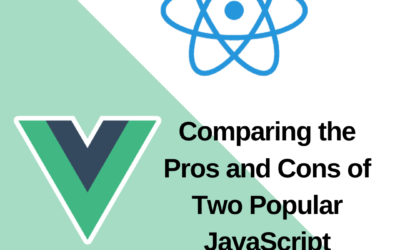The Benefits of MVP Development for Startups
A minimum viable product, or MVP, is a product development strategy that involves building a basic version of a product with just enough features to allow users to experience its core functionality. The goal of an MVP is to quickly test the viability of a product idea with a small group of customers, gather feedback, and make any necessary improvements before investing significant time and resources into full-scale development.
MVP development is especially popular among startups, as it allows them to validate their product ideas and market fit without incurring significant costs. By building and testing an MVP, startups can better understand the needs and preferences of their target customers, and make informed decisions about which features to prioritize in future product development.
Developing an MVP requires a carefully planned and structured approach. Startups should first identify their core product value proposition, and determine which features are essential to communicate this value to users. They should then prioritize these features and develop a prototype or functional product that can be tested with a small group of customers.
The key to successful MVP development is to focus on delivering a product that meets the needs of the user, rather than trying to build a fully-featured product from the outset. This means that startups should aim to build a product with the minimum number of features necessary to deliver value to the user, and then iterate based on feedback from early adopters.
In summary, MVP development is a valuable strategy for startups looking to validate their product ideas and gather feedback from early adopters. By focusing on delivering a minimal, but functional product, startups can save time and resources while better understanding the needs of their target customers.



